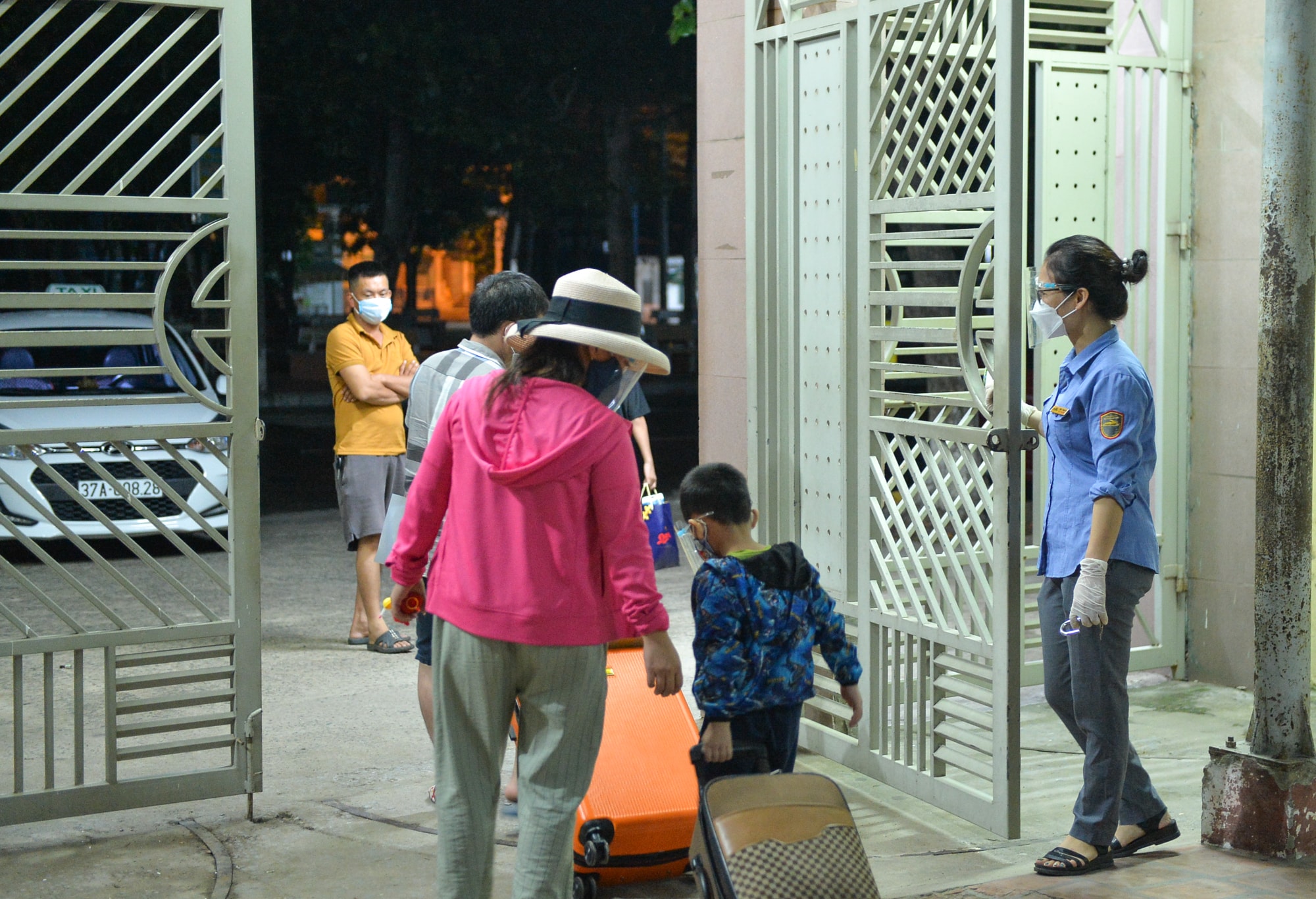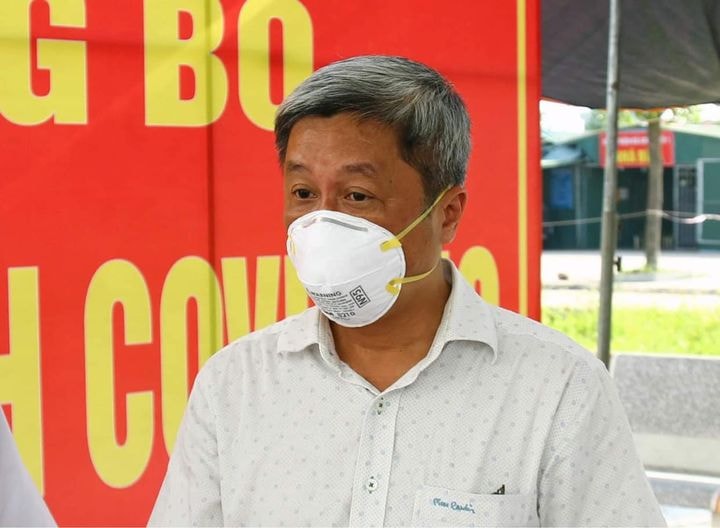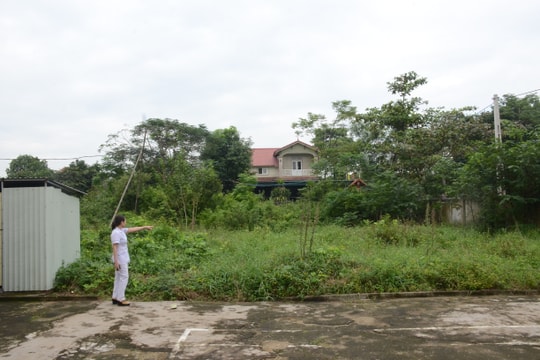Piloting F0 isolation at home after 10 days of treatment at medical facilities
The Ministry of Health has issued guidelines for piloting home isolation of F0 cases after 10 days of hospitalization based on the results of monitoring about 70-80% of asymptomatic F0 cases in the recent past. The World Health Organization also recommends reducing the treatment time at medical facilities for F0 cases.
|
| Deputy Minister of Health Nguyen Truong Son. |
According to Deputy Minister of Health Nguyen Truong Son, Head of the Ministry of Health’s Special Standing Unit supporting Ho Chi Minh City, the number of new Covid-19 patients nationwide is increasing rapidly in many localities, creating great pressure on the work of admitting and treating Covid-19 patients.
The Deputy Minister also shared that in reality, the admission of F0 cases at field hospitals in Ho Chi Minh City, medical centers, and hospitals designated to treat Covid-19 patients are all in a state of having a lot of patients.
“The pilot implementation of F0 home isolation after 10 days of hospitalization was proposed by the Ministry of Health, based on practical and scientific grounds and the results of monitoring about 70-80% of asymptomatic F0 cases in the past. The minimum criteria required is to ensure safety for the community. The World Health Organization also recommends reducing the treatment time at medical facilities for F0 cases,” said the Deputy Minister.
Accordingly, F0 cases after 10 days of being admitted and treated at medical facilities will be tested twice using the real-time RT-PCR method. If the test results are negative, they will be transferred to home quarantine according to regulations. In addition, positive cases with low viral load (CT value >= 30) can also be sent home for monitoring and treatment at home because the possibility of infecting people around them is extremely low.
F0 cases that are eligible for home quarantine will be medically monitored according to regulations. At the same time, for these cases, the Ministry of Health also provides instructions and recommendations on self-monitoring of health, close contact with medical units; recommends the use of certain drugs such as antipyretics, products that help improve resistance, multivitamins; drink plenty of water and drink water many times a day to ensure moisture for the respiratory system.
After being discharged from the hospital and continuing treatment at home, the patient will have a hotline number for medical staff to check and monitor daily, as well as come to collect test samples according to regulations. The grassroots health system will also play an important role in monitoring F0 and F1 cases that are quarantined at home.
“We recommend that when patients are discharged from the hospital, they should not only be tested for SARS-CoV-2 but also need to base on a number of other test results and health parameters because the viral load does not go hand in hand with the severity of symptoms or the progression of the disease. During the first 7-10 days after being infected with SARS-CoV-2, if symptoms appear, some patients may have a very rapid progression of the disease. The Ministry of Health recommends that medical facilities closely monitor these cases in the first 10 days,” the Deputy Minister noted.
 |
| Illustration photo. Photo courtesy: Thanh Cuong |
Deputy Minister Nguyen Truong Son also emphasized that according to the latest treatment guidelines, the Ministry of Health recommends that treatment facilities for asymptomatic patients monitor two parameters: breathing rate and SpO2 index of the fingertip, in order to promptly detect severe cases, to give more in-depth instructions as well as quickly treat the patient.

The Government issued a new document on piloting F1 home isolation.
The Government Office has just issued Document 4638/VPCP-KGVX dated July 12, 2021 conveying the opinion of Deputy Prime Minister Vu Duc Dam on piloting F1 home isolation to prevent and control the COVID-19 epidemic.




